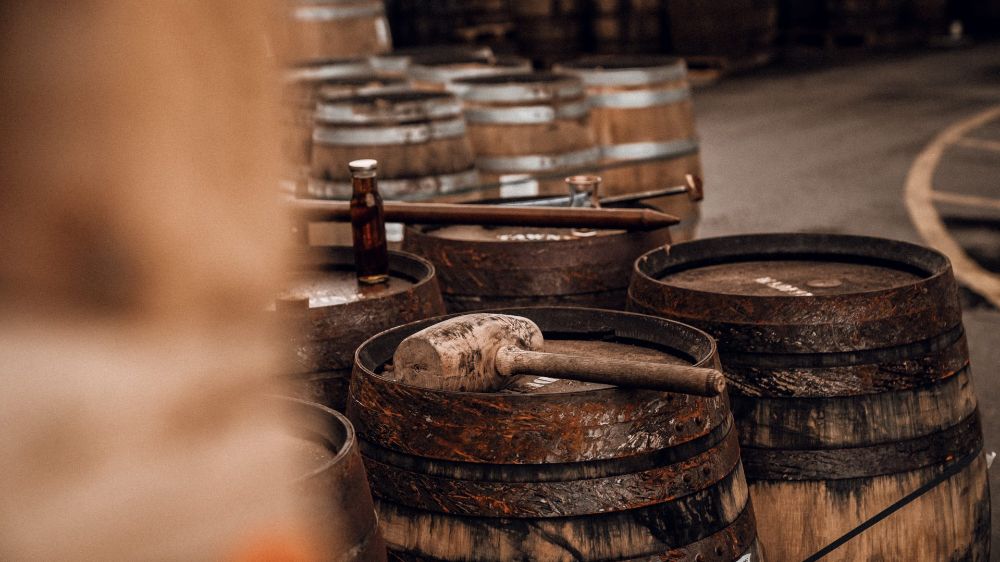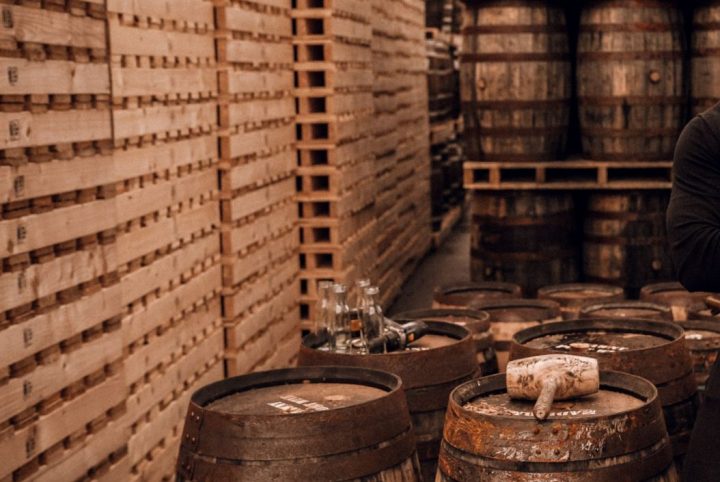
Is Cask Whiskey a Good Investment?
Unlike traditional asset classes like stocks and bonds, the value of whiskey casks isn’t tied to any specific financial market. This makes them an excellent hedge against changing financial conditions, especially when banks and pensions underperform. If you’re seeking a valuable asset to store your money in, cask whiskey could be the solution.
Equally, owning casks of whiskey can be a wise portfolio decision for those who are willing to hold on to their assets for a considerable amount of time. Whiskey is a unique asset class that requires no experience and patience as the value of the casks can increase significantly over time. Some types of casks, such as bourbon, Irish and Scotch, have a long-standing history and reputation that can help to increase their value over time.
There are three critical factors in determining the value of a cask of whiskey: age, brand and scarcity, so it’s important to ensure you are working with a company who is knowledgeable on the industry and knows what casks to buy in order to see future returns. To find out more about what affects the value of a cask of whiskey, stay tuned as we will be answering this question next!
Whiskey is typically aged in oak barrels, which impart unique flavours and aromas to the spirit over time. During the ageing process, the whiskey interacts with the wood of the barrel, as well as with the environment in which it is stored, such as temperature and humidity, leading to changes in its chemical composition.
The longer the whiskey is aged, the more complex and refined its flavour profile becomes. As the whiskey ages, it becomes smoother, with a more mellow and balanced taste. In addition, the whiskey ageing process can also add flavours such as vanilla, caramel, and spice to the whiskey, creating a more intricate and nuanced flavour profile.
Whiskeys that have been aged for a number of years are typically considered to be of higher value than younger whiskeys, as they have had more time to develop and mature in the barrel. These older whiskeys often command a premium price due to their complexity and depth of flavour.
Another factor to consider is the storage conditions and safety of the cask. The industry is subject to regulations from government agencies such as the HMRC and WOWGR (Warehousekeepers and Owners of Warehoused Goods Regulations), which oversee the storage and movement of whiskey within the UK. WOWGR regulations require that whiskey held in a bonded warehouse is recorded and tracked, and that the warehouse meets certain standards for security and storage conditions. Whiskey is sensitive to environmental factors such as temperature and humidity, so it’s important to ensure that the cask is stored in optimal conditions. That’s why we work with these reputable storage facilities to ensure that the whiskey remains in good condition and retains its value, and that it can be accounted for throughout its storage period. These regulations governing the storage and movement of casks also provide a level of oversight to help protect clients’ interests.
Casks of whiskey are therefore a very good purchase for those who are willing to hold onto their assets for a considerable amount of time and are looking for a fully turnkey investment. Casks of whiskey are a physical, tangible asset, not influenced by or tethered to the regular financial markets and therefore will increase in value each year allowing you to hedge against volatility and inflation. However, it’s important to invest with a company who have the knowledge required to guide you on your cask-purchasing journey and to assist you when you choose to exit.

